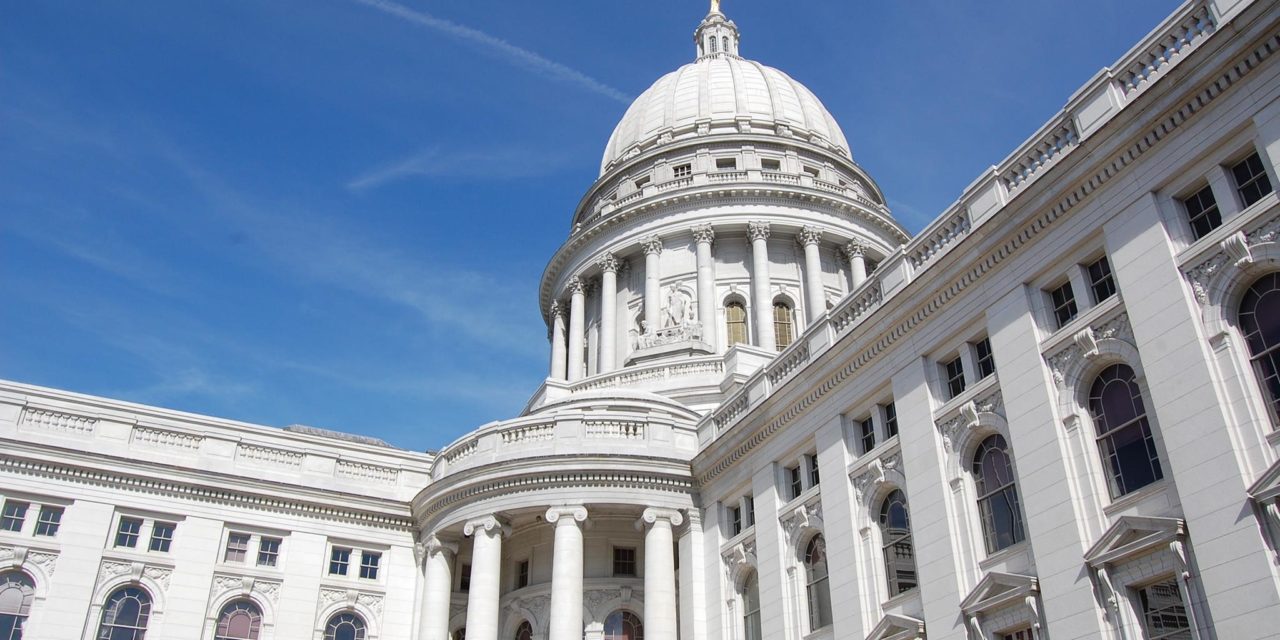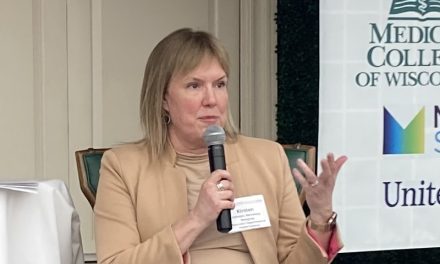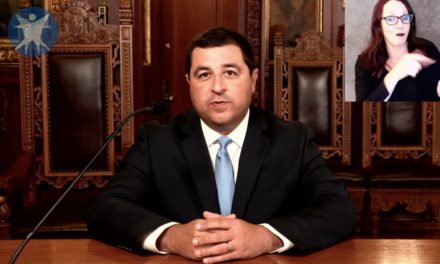
Healthcare groups remain concerned about proposed Medicaid oversight changes

Healthcare organizations are still concerned about a bill heading to Gov. Scott Walker’s desk requiring the Legislature to sign off on changes to Medicaid waivers.
And some disability and patient groups, including Disability Rights Wisconsin, are calling on Walker to veto the proposal.
Barbara Beckert, Disability Rights Wisconsin Milwaukee office director, said the state has been an “innovator” in developing effective waivers that help people with disabilities live independently.
“Gov. Walker has done a lot of positive things to expand those services,” Beckert said. “Looking forward, I don’t think we will see that occurring with all of the constraints the Department of Health Services would have.”
The Republican-led Senate and Assembly approved the bill Tuesday and Wednesday, little more than a month before Democrat Gov.-elect Tony Evers takes office.
It requires the Legislature to sign off on DHS requesting, modifying, renewing, suspending or terminating any Medicaid waiver.
It would also prevent Evers from making changes to a plan
approved by the federal government requiring some BadgerCare Plus childless adults to work and pay premiums to receive coverage.
Thirty-three healthcare organizations, including providers, insurers and professional associations sent a letter to lawmakers this week asking them to strip Medicaid provisions from the bills.
Senate Majority Leader Scott Fitzgerald, R-Juneau, said Wednesday that the changes ensure the Legislature “stands on equal footing” with Evers.
“Law written by the Legislature and passed by a governor should not be erased based on the political maneuvering of an incoming administration,” he said in a statement.
The Legislature tweaked
the bill, modifying how the Joint Finance Committee handles approval of changes to Medicaid payments and state plan amendments.
Wisconsin Hospital Association CEO Eric Borgerding called the changes “positive.”
“But we remain concerned about the breadth of these provisions and will continue working with policymakers over the next several months to tighten some things up and avoid unintended consequences,” he said in a statement.
Wisconsin Medical Society CEO Dr. Bud Chumbley said that many lawmakers took their concerns seriously, but they were disappointed the bill passed with most of the original provisions.
“Taking care of our sickest and poorest citizens means that our Medicaid program needs to be more, not less, innovative,” he said in a statement. “Carving waiver provisions into the statutes and requiring legislation to get out from under a waiver if it’s not going well could end up being a problem. And problems in Medicaid usually mean more people end up uninsured, and that’s not good for anybody.”
Lisa Olson, Wisconsin Primary Health Care Association director of policy and programs, said the bills considered by lawmakers weren’t vetted by the public and healthcare stakeholders.
“This is not how policy-making should happen in Wisconsin,” she wrote in an email. “We are very concerned that the bills will limit the Department of Health Services’ ability to do its job as experts in health policy, and will harm families and providers.”
The amended proposal addressed some concerns from LeadingAge Wisconsin about “securing timely federal approval” of a state plan amendment for nursing home payments, according to CEO John Sauer.
“We are evaluating how the final legislation ultimately could impact the schedule followed by DHS to implement the nursing home rate adjustments for 380 facilities in the Medicaid program,” he wrote in an email.
The Board for People with Developmental Disabilities noted that changes to waivers are routine and usually make programs more cost-effective, reward providers for quality care and keep people living at home over expensive institutions.
“This bill creates real consequences for all Medicaid participants in the state,” said Executive Director Beth Swedeen.
The American Lung Association asked Walker to veto the proposal as well as a bill preventing Evers from withdrawing the state from a lawsuit seeking to invalidate the Affordable Care Act without legislative approval.
“It will result in fewer people having access to quality and affordable healthcare,” Harold Wimmer, national president and CEO of the American Lung Association, said in a statement.
Save IRIS, an organization representing participants in IRIS, a state long-term care program that allows its members to self-direct their own services, called on Walker to strike down the Medicaid bill.
“We are worried that funding and staff time at the Department of Health Services will go toward bureaucratic paperwork rather than improving services that help people maintain their health, safety and connections in the community,” they noted in a letter to Walker.
Walker’s spokeswoman did not return a request for comment on when he plans to take action on the bills and whether he would veto any provisions. If Walker doesn’t veto the proposals, Evers has said he’ll consider litigation and other options.
This article first appeared in the Wisconsin Health News daily email newsletter. Sign up for your free trial here.













.jpg?bwg=1612548324)

















